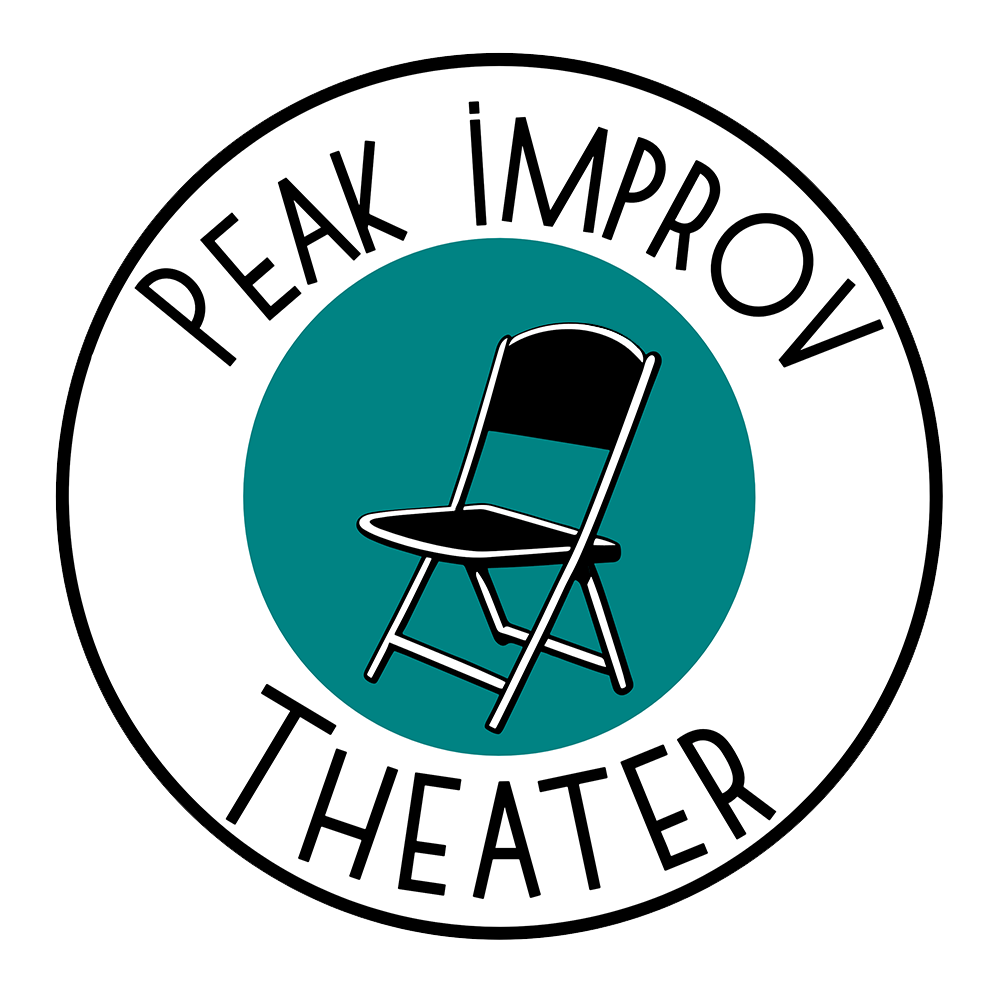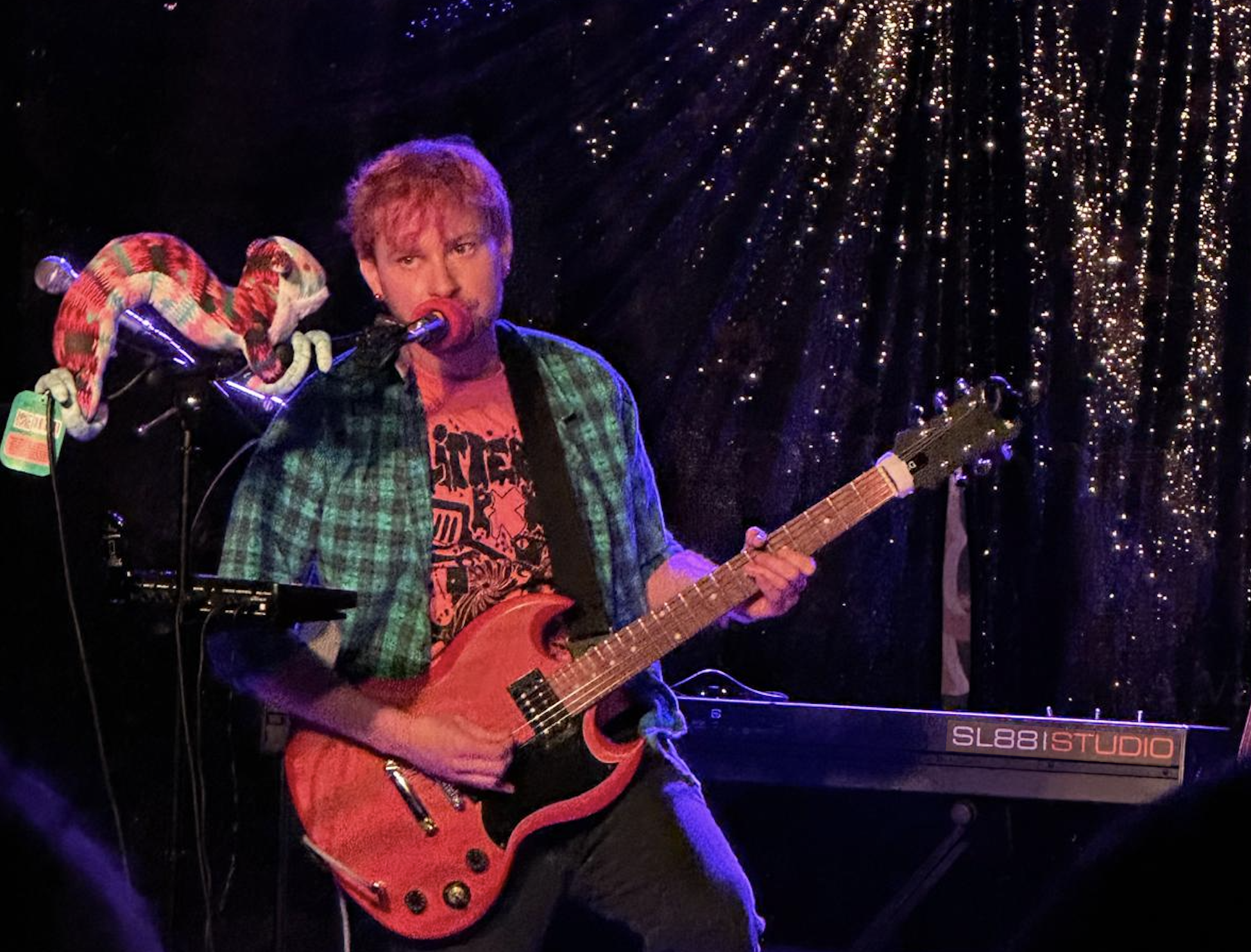Improv Colorado Springs: How Faerret Found Freedom, Confidence & Community at Peak Improv Theater
Faerret came to Peak Improv Theater looking for a way to be more engaging on stage. A musician and one-man band, he was used to performing solo—but wanted to connect more with audiences in the moment. Through improv, he’s learned to embrace mistakes, listen deeply, and step outside his comfort zone. In this PiT Profile, Faerret shares how improv has shaped his performances, boosted his confidence, and introduced him to a supportive creative community in Colorado Springs.
PiT: What was your biggest fear walking in on Day 1?
Faerret: My biggest fear was that I would just freeze up, and basically all the thoughts would leave my head and I'd have nothing to say. And that literally did happen on day one. But once it actually happened, I realized that’s as bad as it can get—and it’s not the end of the world—it’s actually just normal. I didn't really have any any fears after that. I think it kind of helped, actually.
PiT: How has improv changed you in everyday life?
Faerret: I’m more present in everyday life, now. I’m a better listener, and I think I’m getting slightly better at conversation. I’m paying a little bit more attention to things outside of myself. As a one-man-band, when I’m playing music, or just performing in any way, I tend to get into my zone when I’m on stage, and I just kind of tune everything out. But I’m doing less of that now, and engaging with the audience more. As I’ve gotten better at acknowledging the crowd, it brings them in more. The last show I did, I talked in-between songs more than usual, and I was able to bring people in closer to the stage and get people moving and dancing. That’s something I took for granted before. But now, because of improv, I’m more aware of what’s happening off stage.
PiT: How has improv made it easier to have one-on-one conversations?
Faerret: Improv has kind of gamified conversations for me. Now I know little bit about the rules that I need to be playing by, I guess. There are clear rules in improv about when it’s okay to ask a question and when it’s your turn to add something—you don’t want to take away from what’s already there. So I think conversations work in a pretty similar way, where, rather than waiting for your turn to talk or already having it in your head what you want to talk about, it’s more natural, I guess, to let the conversation just organically flow, and to build off of it, rather than trying to steer it in a specific direction.
Faerret on stage at Frisky’s with his emotional support stuffed ferret, Lupita.
PiT: Was there a moment in a class when something finally clicked for you?
Faerret: In the game Survivor, you create a scene with five people and do the same scene over and over with less and less people. There was one time where I ended up being the last one, and I had to do the whole scene by myself. I realized that the point wasn’t to redo the scene accurately. It was to make the scene more entertaining every time. So if you skip a detail or something that’s not important, the point is to heighten it, and to keep it interesting. Having to do the whole scene by myself really helped me understand that improv doesn’t have to be perfect.
PiT: Is there anything you’d like to add?
Faerret: Improv is a good way to meet people. I’ve definitely made some pretty good friends and a few of those people have gone into intermediate improv with me, too. So, I think, for people, especially for people that have social anxiety, improv is a great way just to directly meet people. I would recommend it.
Faerret’s story is proof that improv isn’t just for comedians—it’s for anyone who wants to grow, connect, and have more fun on stage and in life. Watch our full interview with Faerret on the Peak Improv Theater YouTube channel to hear more about his journey and the lessons he’s taking beyond the stage.

